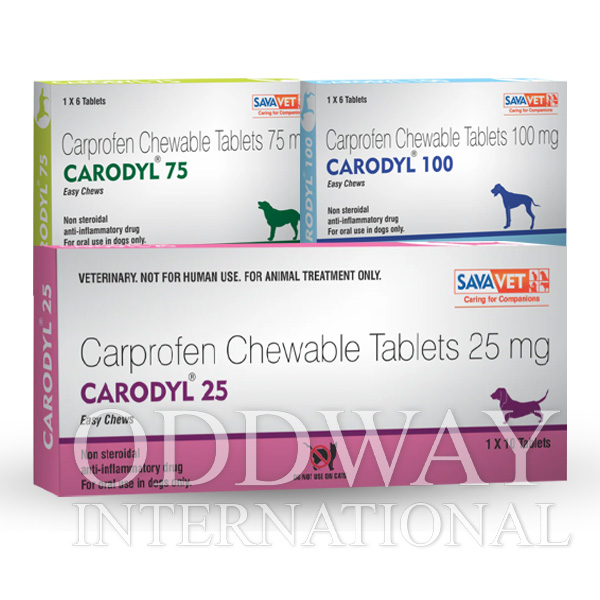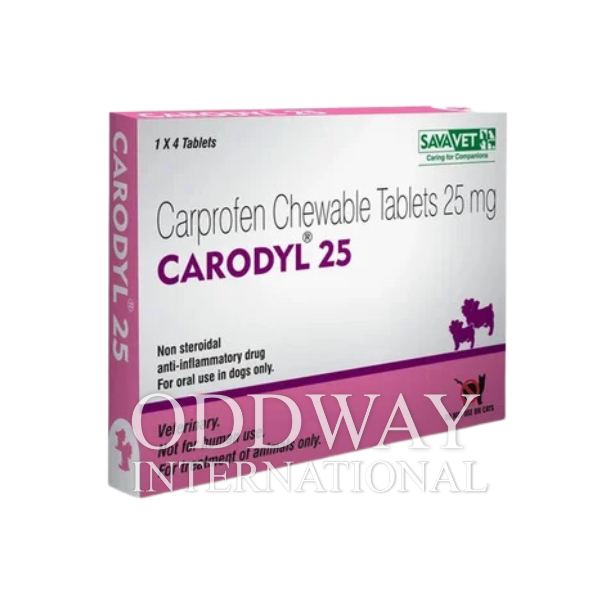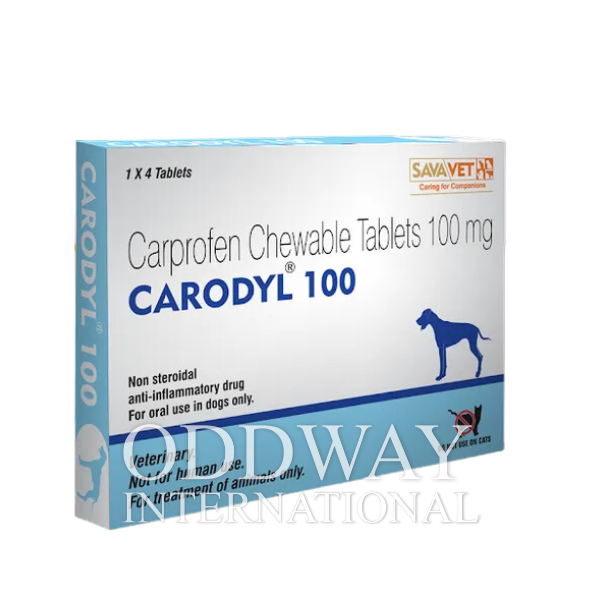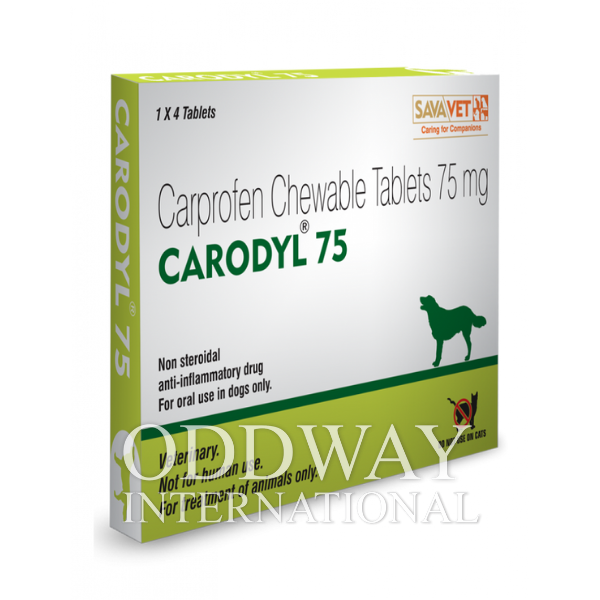

Shipping Options
We offer a variety of shipping options, including Express Mail Service (EMS), USPS, DHL, FedEx, TNT, UPS, Aramex, Air Cargo, and sea freight.
Terms and Conditions
- Bulk Orders: You are responsible for any local import duties and taxes in your country.
- For Patients: When ordering prescription medicines for personal use, or for a friend or relative, a valid medical practitioner's script or prescription is required.
- Return and Refund Policy: Due to the nature of our products, we cannot accept returns or exchanges once a purchase is made. However, in the event of non-delivery, you are eligible for either a 100% refund or a reshipment of your order.









Georgia Barry –
The product, shipping time, and customer service are always the best.
Lincoln Masel –
Previously we were getting Novax Carprofen. At PCRX we got generic Carprofen. My 11-year-old 85 lb Labradoodle is more active and playful on the generic Carprofen. He’s actually chasing our 2-year-old pup.
Beau Powlett –
My picky dog is readily willing to eat them when she’s rejected pills from other places.
Rose Innes-Noad –
This is a great product for my senior dog. She had hip issues and this helps with the pain of getting up and down to go outside to the bathroom.
Nicholas Selle –
This helps our senior Westie. He’s 14 and I notice a difference in his mobility when he takes it.